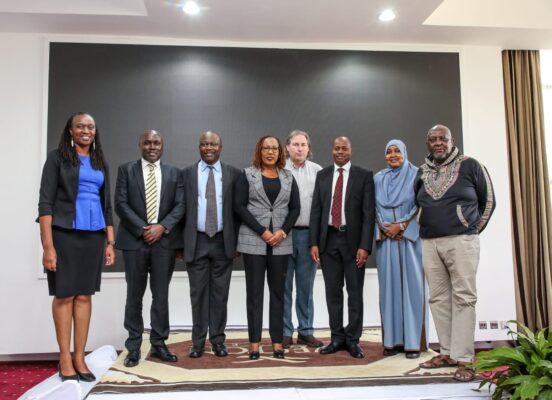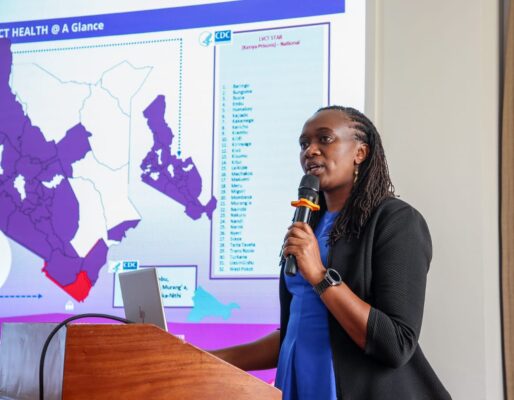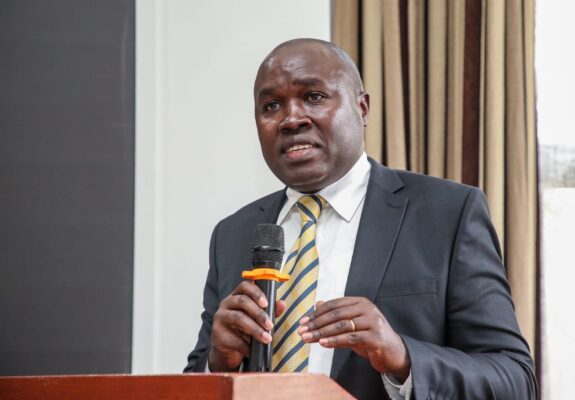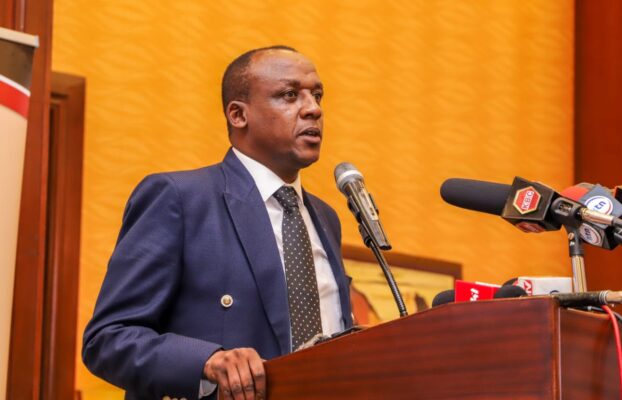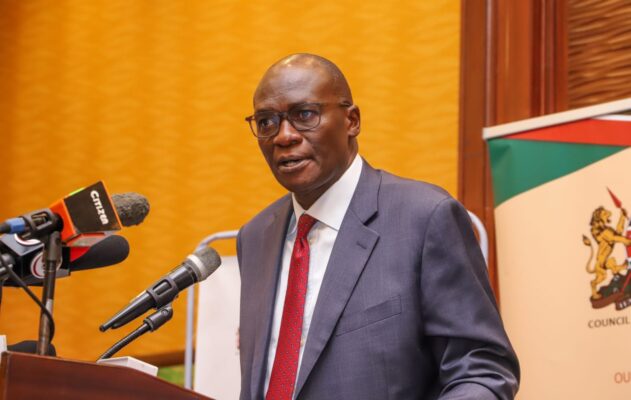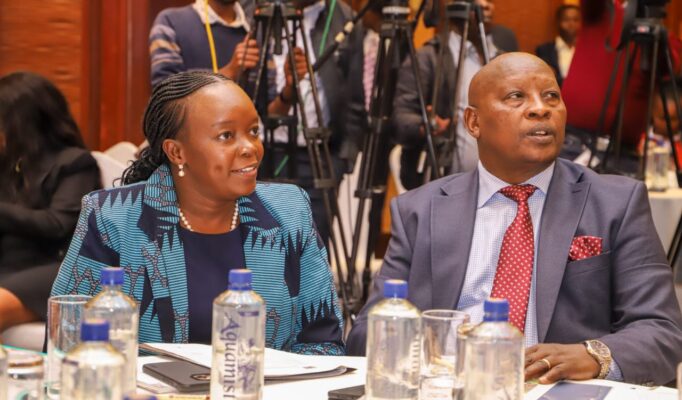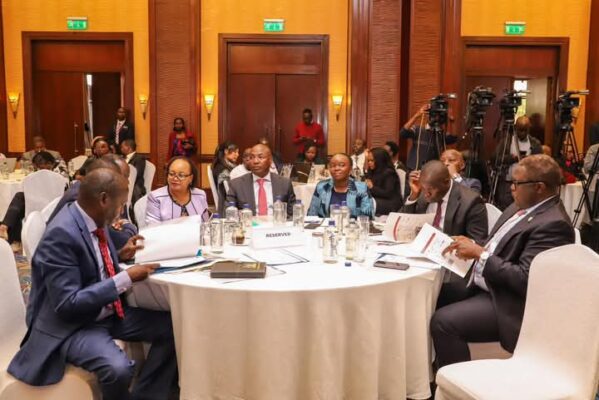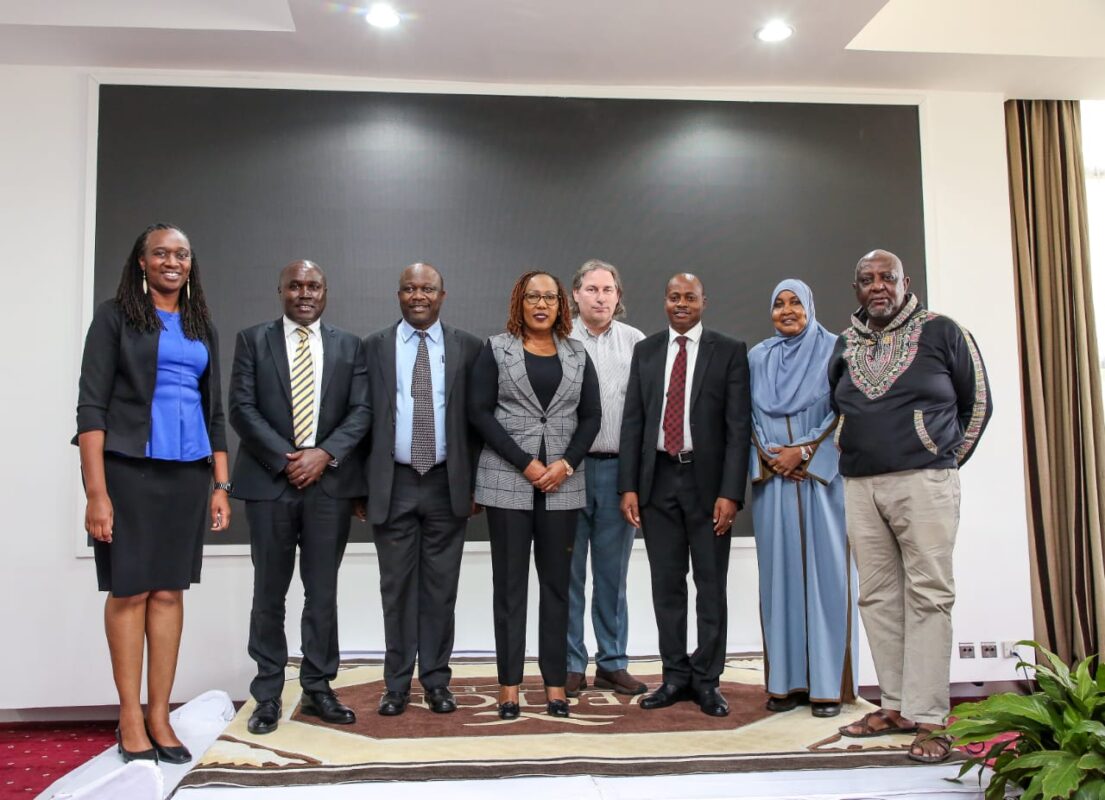Following the United States Government’s Executive Order 14169, which imposed a 9-day pause on foreign development assistance that caused disruptions in health management worldwide, the Government of Kenya through the Ministry of Health is re-adjusting and re-aligning management of health-care services to ensure zero disruptions in service delivery.
Kenya has benefited from partnerships with international agencies, donor organizations, and foreign governments for decades. Initiatives such as PEPFAR, the Global Fund,and USAID-supported programs have played instrumental roles in ensuring access to life-saving medications, enhancing healthcare infrastructure, and sustaining essential
public health interventions. Millions of Kenyans have received vital services, including HIV, Tuberculosis and malaria treatment, vaccinations, and maternal and child healthcare from these collaborative efforts.
The country has recorded remarkable progress in the fight against HIV, with Anti-Retroviral Therapy (ART) coverage increasing from 41% in 2013 to 97% in 2023. As of 2024, 98% of the approximately 1.4 million Kenyans living with HIV know their status, 98% of these are on treatment, and 94% of those on treatment have achieved viral suppression.
To sustain such gains made in the HIV response, Kenya is committed to increasing domestic health financing to maintain long-term resilience in the HIV response amidst changes in funding. Kenya is assessing the impact of these changes in HIV management, while highlighting progress, challenges, and strategic initiatives to ensure continuous access to treatment and prevention services. To this end, the Ministry of Health held a high-level joint consultative meeting involving leadership from the national and county government, health docket, implementing partners and communities and signed a communique for a HIV response sustainability plan. The stakeholders resolved to among others;
- Advocate for allocation of additional funds through domestic funding for Human
Resources of Health, vaccines, HIV commodities, family planning and health
management information systems. - Redesign service delivery mechanisms to integrate HIV, TB, Malaria and
RMNCAH programs. - Redesign service delivery mechanisms to integrate HIV, TB, Malaria and
RMNCAH programs. - Establish a coordination framework for partner support.
Speaking during the meeting, the Cabinet Secretary Ministry of Health affirmed the government’s commitment to leverage domestic funding.
“While international partnerships have been instrumental, it is now time to accelerate our transition towards a self-sustaining health system,”
she stated.
“Our priority is to secure long-term, sustainable solutions for HIV management to ensure no Kenyan is left behind.”
She added.
Present during the meeting were the Vice-Chairperson of the Council of Governors. HE Gov. Mutahi Kahiga, Principal Secretary of Medical Services, Mr. Harry Kimtai, Director General Dr. Patrick Amoth, Senate Health Committee members, the CoG Health Committee, the Parliamentary Health Committee, and representatives from the National Treasury, Director of the Directorate of Family Health Dr. Issack Bashir, Head of NASCOP, Dr. Andrew Mulwa, NSDCC representative, Mr. Douglas Bosire, Implementing Partners, and community members among others dignitaries.
